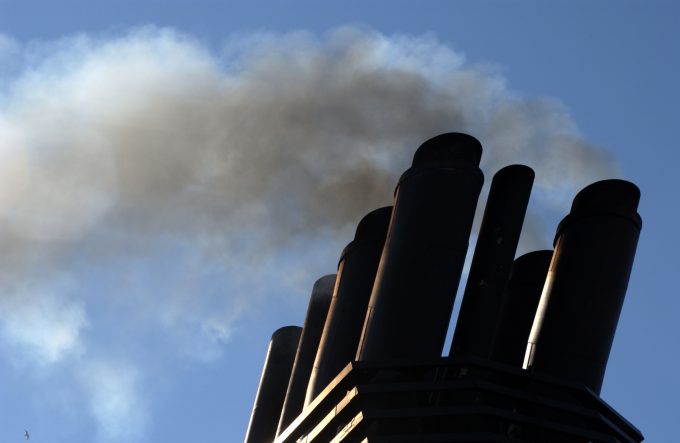Slow steaming not the way to reduce emissions, 'check the ship's systems'
Despite being highlighted by the International Maritime Organization’s carbon intensity indicator (CII) index, slow steaming ...

At the beginning of 2015, new shipping emission regulations entered force in some US and EU waters which reduced the allowable SOx content of vessel fuel emissions from 1% to 0.1%. Shipowners and operators had previously predicted financial armageddon in those waters, as the price of traditional heavy fuel oil was at least twice that of the cleaner marine gas oil. With precipitously falling fuel prices during the year that differential ultimately didn’t matter so much. But these two pieces of legislation, derided by shipowners and welcomed by environmentalists in equal measure are now set to be extended globally, at least partially – the International Maritime Organization (IMO) is meeting London later this month to discuss a global cap on the SOx content of bunker fuel from 3.5% to 0.5%. However, this time increasing numbers of states, and China is among them, want to see action.
MSC Aries now bound for Iran, and crisis will be 'a catalyst for higher rates'
Urgent call for breakdown of cargo onboard as General Average declared on Dali
Hong Kong drops out of world's top 10 busiest container ports
Iranian troops seize MSC box ship while Somali pirates net $5m ransom for bulker
Flexport is 'back on track' – now it needs to start growing again
Bottlenecks and price hikes as airlines now avoid Iran airspace
Capture of MSC Aries will further drive up Indian export costs
Iran may now pose a threat to multimodal supply chains via Dubai
Alex Lennane
email: [email protected]
mobile: +44 7879 334 389
During August 2023, please contact
Alex Whiteman
email: [email protected]
Alessandro Pasetti
email: [email protected]
mobile: +44 7402 255 512

Comment on this article